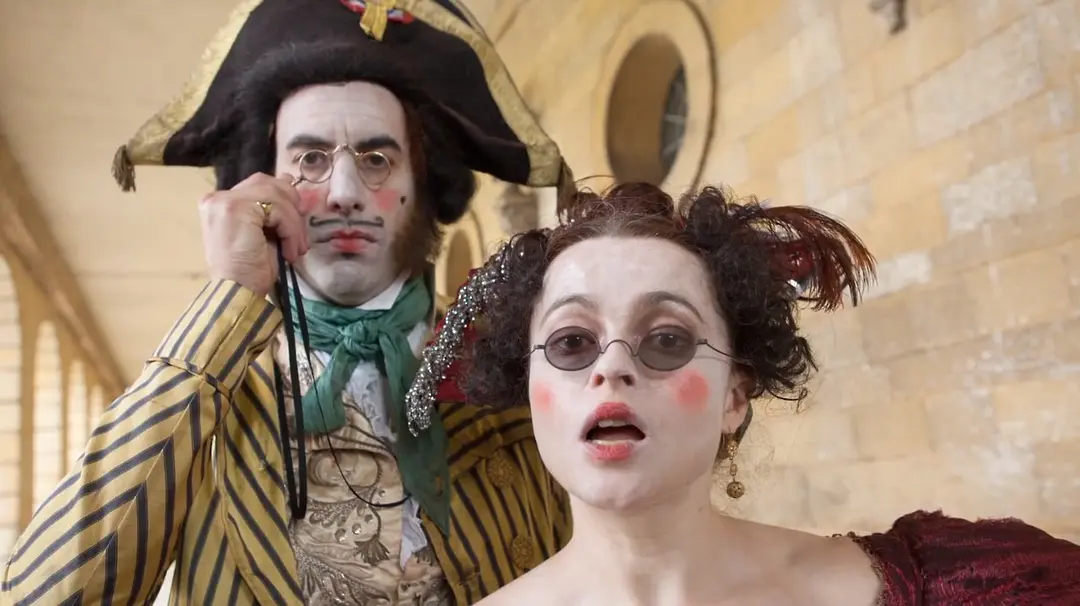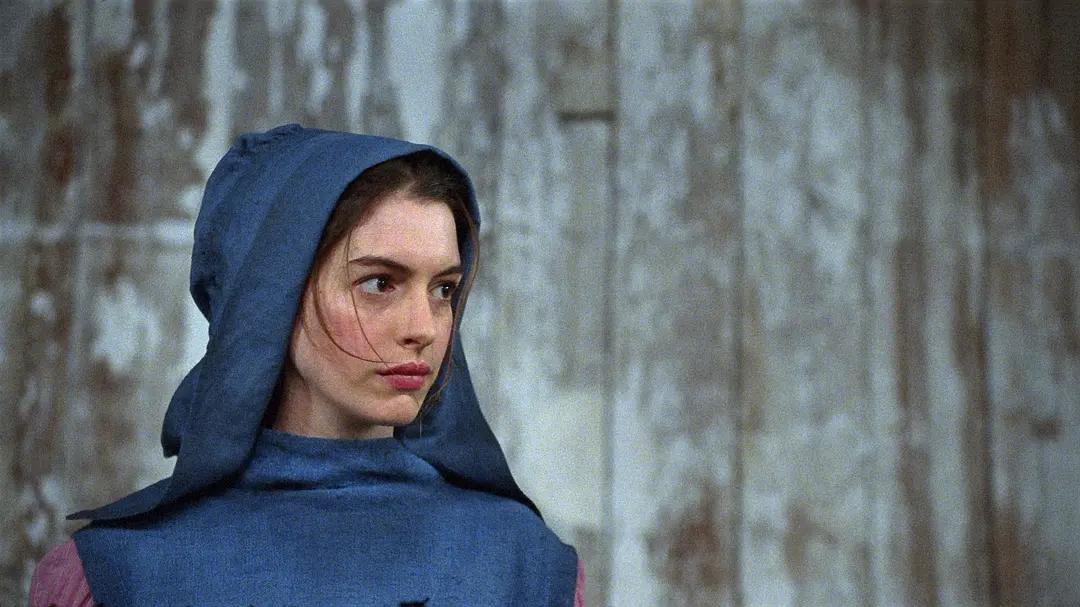Les Misérables – Redemption, Love, and Revolution
Jean Valjean’s Journey of Redemption
Les Misérables tells the extraordinary story of Jean Valjean, a poor man imprisoned for stealing a loaf of bread to feed his starving family. Condemned to nineteen years of hard labor, he emerges from prison embittered but determined to find a new path. After being released, Valjean steals silverware from a bishop who kindly shelters him, only to be caught by authorities. The bishop’s act of compassion—claiming the silver as a gift—changes Valjean’s life. Deeply moved, he resolves to abandon his criminal past, adopting the alias Monsieur Madeleine and striving to live a life of honesty and purpose. This transformation sets the stage for the moral and emotional struggles that define the musical.
 Love and Responsibility
Love and Responsibility
During his journey, Valjean encounters Fantine, a woman who falls into destitution and despair. He promises to care for her daughter, Cosette, ensuring the young girl grows up safely and nurtured. Over the years, Valjean becomes a father figure, dedicating himself to her happiness and education. Cosette eventually falls in love with the young revolutionary Marius, a union filled with hope and promise. Valjean’s love is not romantic but deeply paternal, embodying the themes of sacrifice, compassion, and the enduring power of human kindness. His struggles illustrate the impact of choices, morality, and responsibility, even under the weight of a society often unforgiving to the poor.
 Conflict and Pursuit
Conflict and Pursuit
Despite Valjean’s transformation, Inspector Javert relentlessly pursues him, convinced that justice must be served regardless of Valjean’s change of heart. Their dynamic represents the clash between law and morality, rigid duty and compassionate understanding. Meanwhile, other characters, including the unscrupulous Thénardier, introduce chaos and deception, affecting Valjean’s mission to protect Cosette and live a virtuous life. This interplay of pursuit and escape heightens the dramatic tension, illustrating both the cruelty and resilience of human nature. Every encounter tests Valjean’s ethics, reinforcing the enduring struggle between redemption and punishment.
 Revolution and Legacy
Revolution and Legacy
The backdrop of the Paris uprising provides a powerful climax, showing the hopes, fears, and courage of ordinary people fighting for justice. Marius and Cosette’s love intertwines with the political turbulence of the era, reflecting the broader struggle for equality and freedom. The musical’s finale underscores the triumph of spirit over adversity, celebrating love, compassion, and moral integrity. Les Misérables remains a timeless masterpiece, blending music, storytelling, and historical reflection to explore themes of human suffering, resilience, and hope. Its enduring popularity lies in its ability to move audiences with both its intimate personal stories and its epic depiction of social upheaval.









